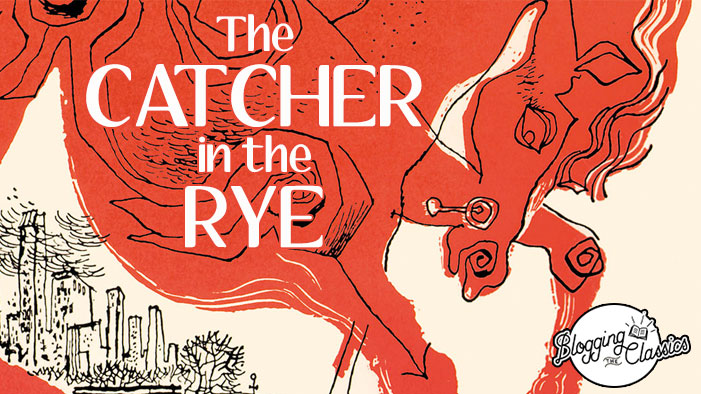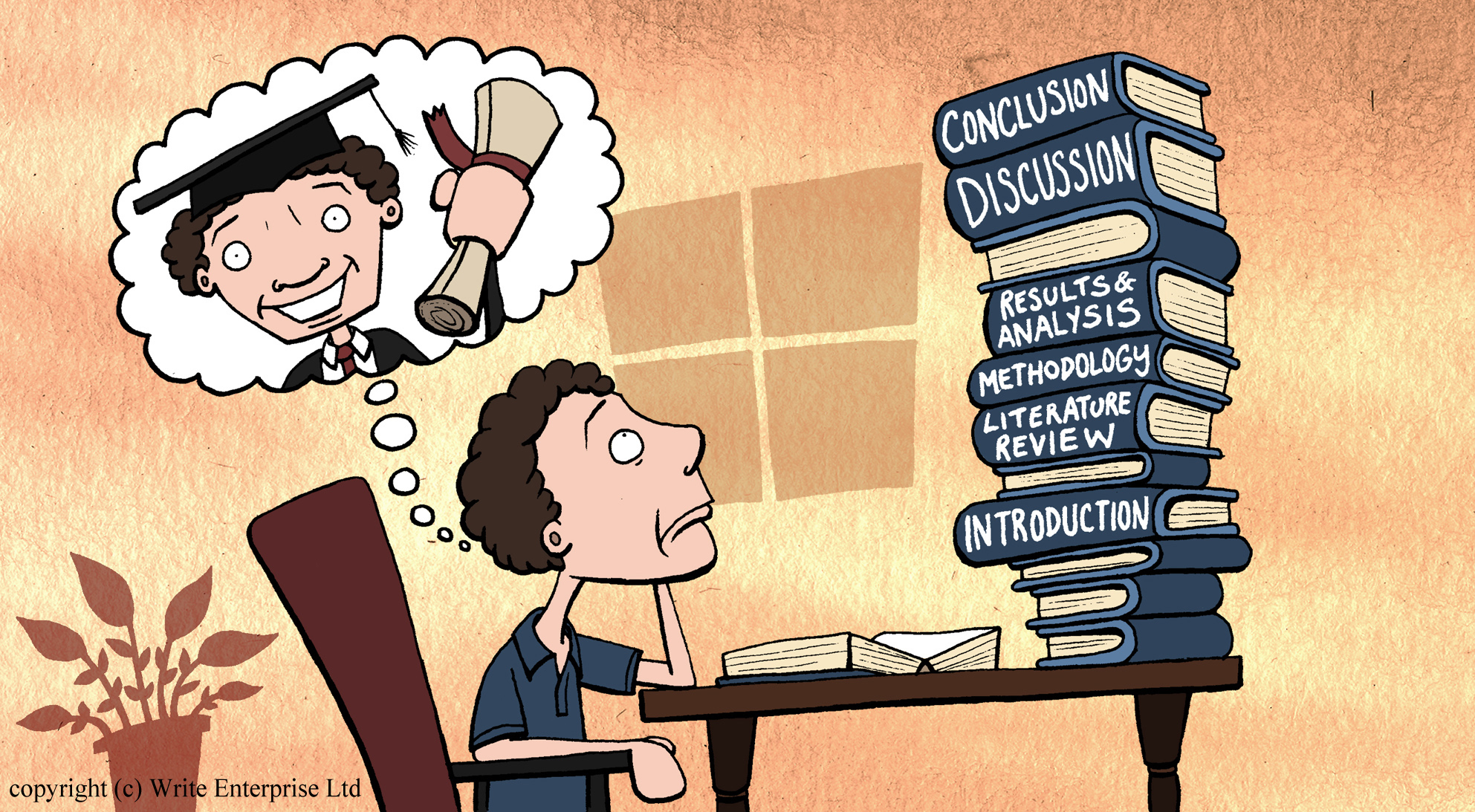An Essay Concerning Human Understanding Quotes by. - Kwize.
Summary Vol. 1, Book 2, Chapter 1: Of Ideas in General, and Their Original Locke begins Book 2 by elaborating on his definition of idea (see Book 1, Chapter 4). Ideas, he says, come from two sources. Sensation, meaning our sensory experience of the outside world, is one source.Reflection—our mind's awareness of its own operations—is the other.Locke says that a clue to the ongoing.
Book Summary. An Essay Concerning Human Understanding begins with a short epistle to the reader and a general introduction to the work as a whole. Following this introductory material, the Essay is divided into four parts, which are designated as books. Book I has to do with the subject of innate ideas.
An Essay Concerning Human Understanding Book II: Ideas John Locke. Essay II John Locke Chapter xxvii: Identity and diversity 112 Chapter xxviii: Other relations 122. when I have shown where the understanding can get all its ideas from—an account that I contend will be supported by.
How To Cite Quotes From Locke Essay Concerning Human Understanding I had no time to compete my dissertation, but my friend recommended this website. The second paper I ordered was a research report on history. I received high How To Cite Quotes From Locke Essay Concerning Human Understanding grade and positive feedback from my instructor. Of.
In An Essay Concerning Human Understanding, first published in 1690, John Locke (1632-1704) provides a complete account of how we acquire everyday, mathematical, natural scientific, religious and ethical knowledge.Rejecting the theory that some knowledge is innate in us, Locke argues that it derives from sense perceptions and experience, as analysed and developed by reason.
Essay on “An Essay Concerning Human Understanding”. to roll my “r” when some new French friends asked.. only leaned my bike against the church and looked out across the sea of human.
Introduction. John Locke's An Essay Concerning Human Understanding is a classic statement of empiricist epistemology.Written in a straightforward, uncomplicated style, the Essay attempts nothing less than a fundamental account of human knowledge—its origin in our ideas and application to our lives, its methodical progress and inescapable limitations.










